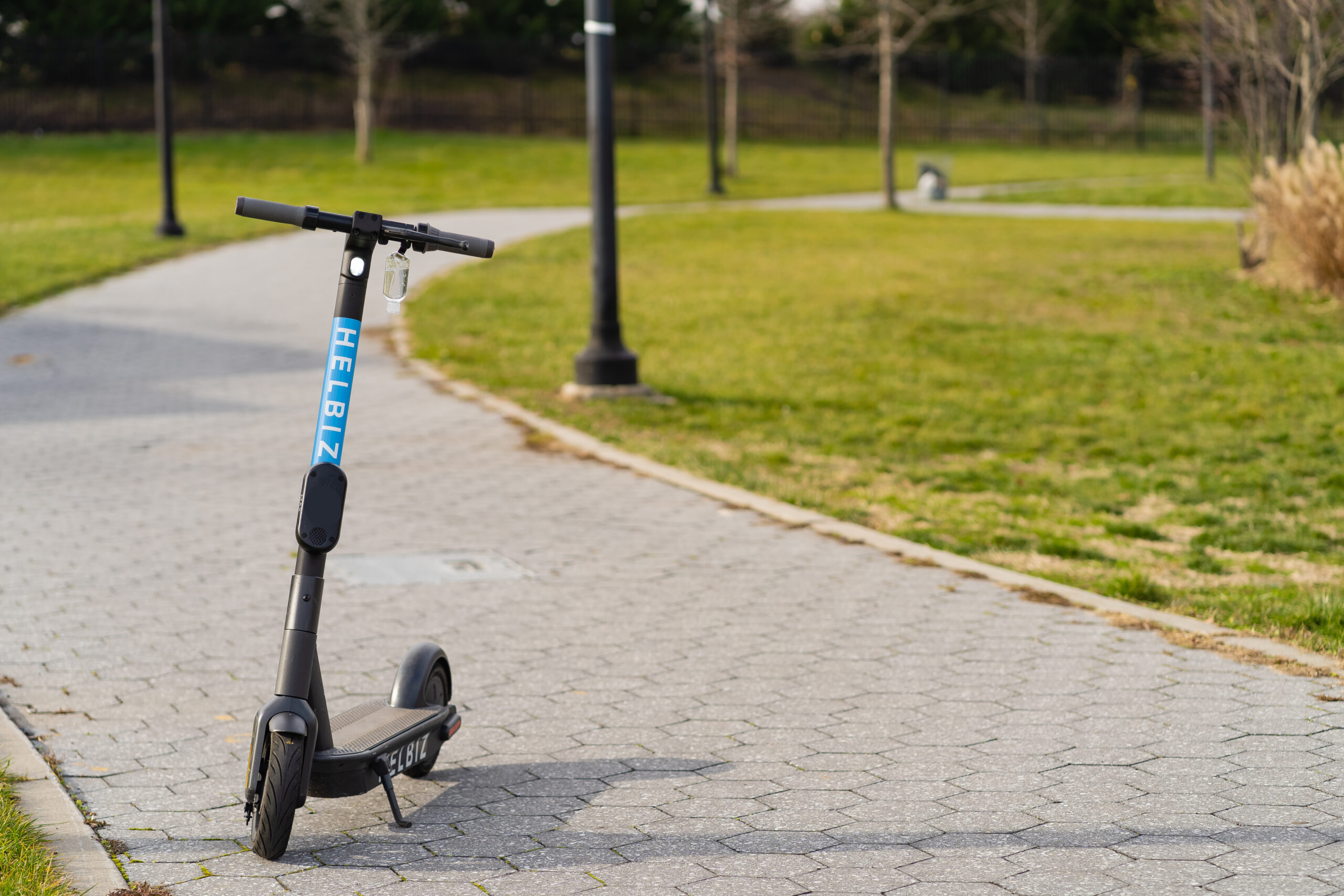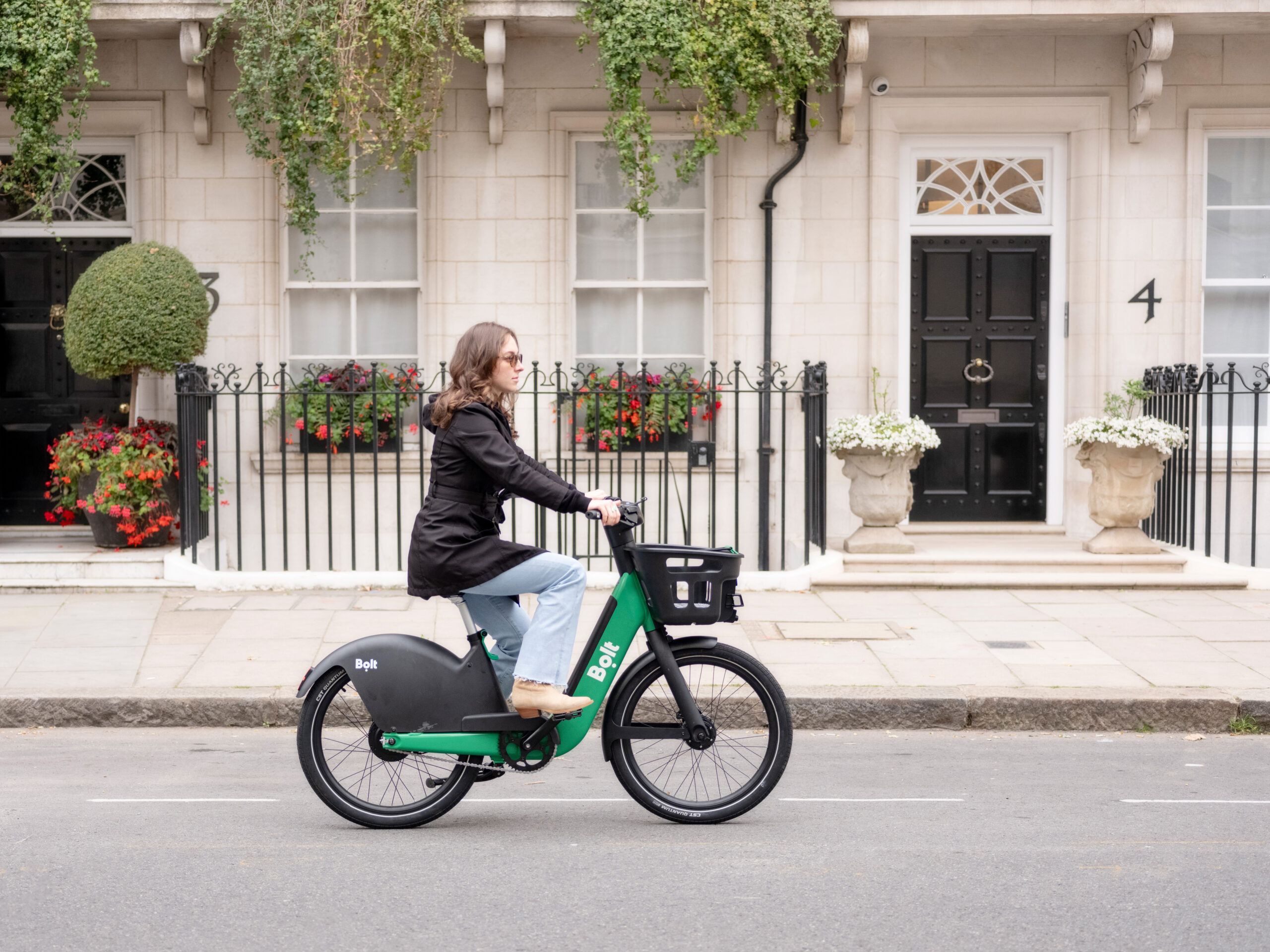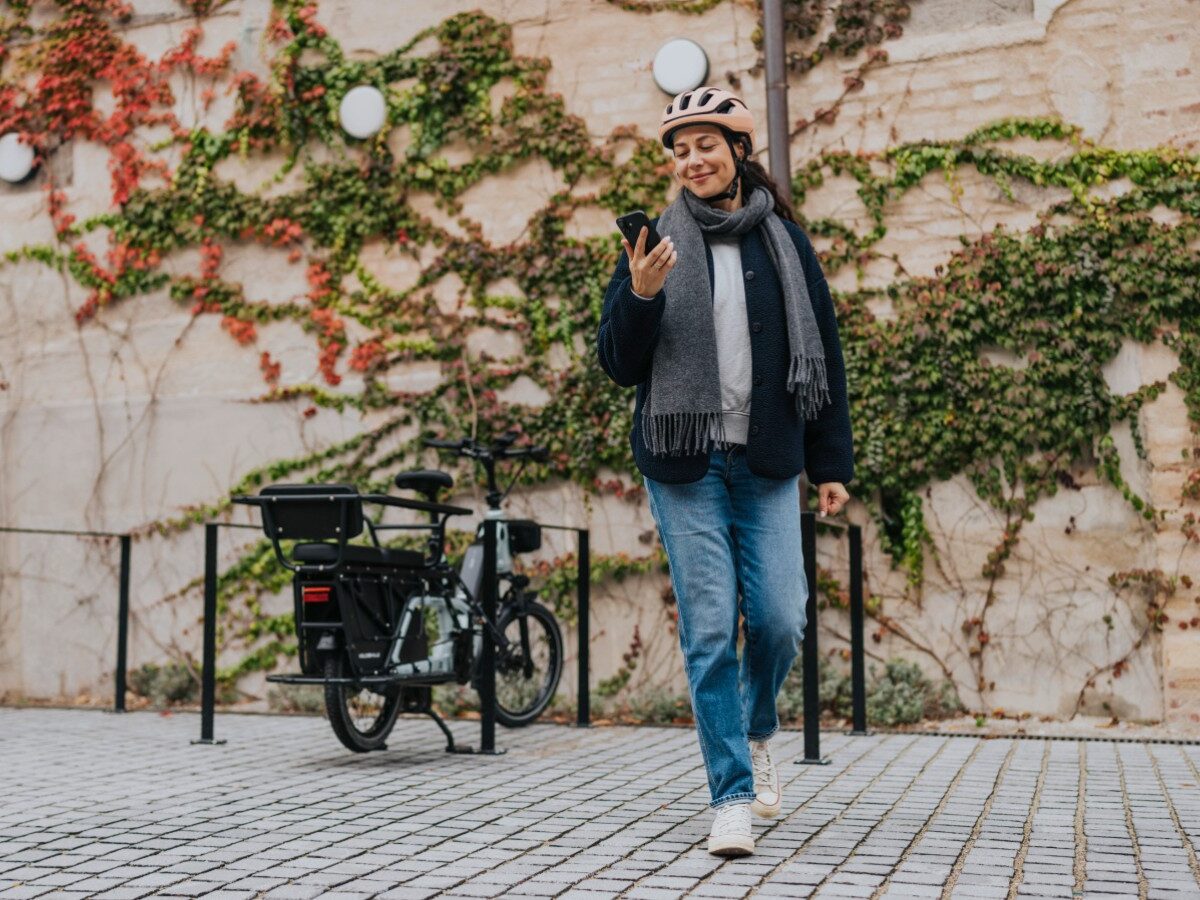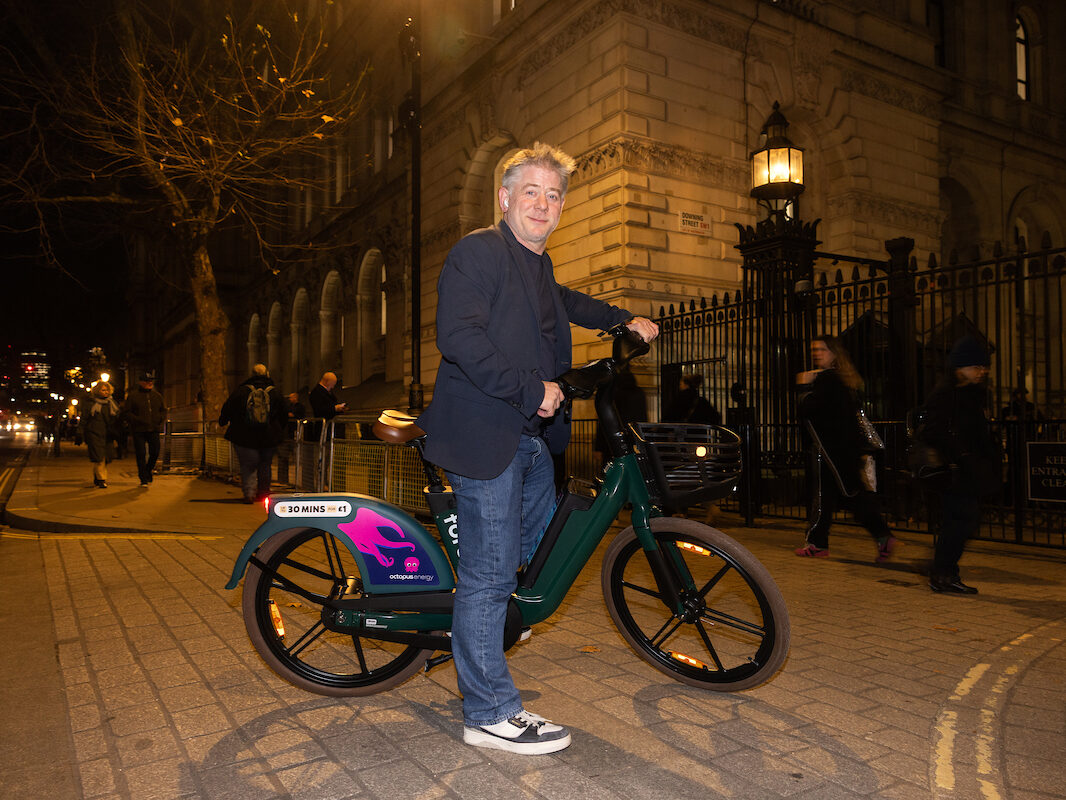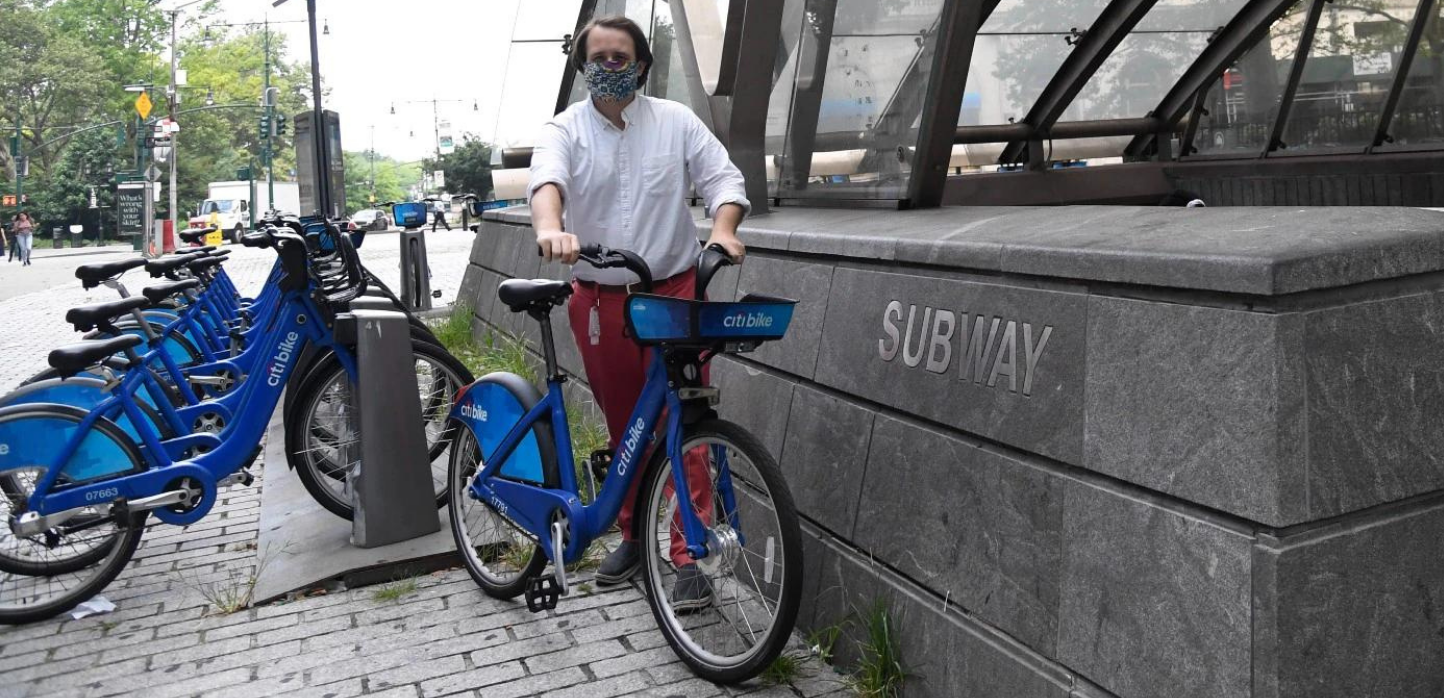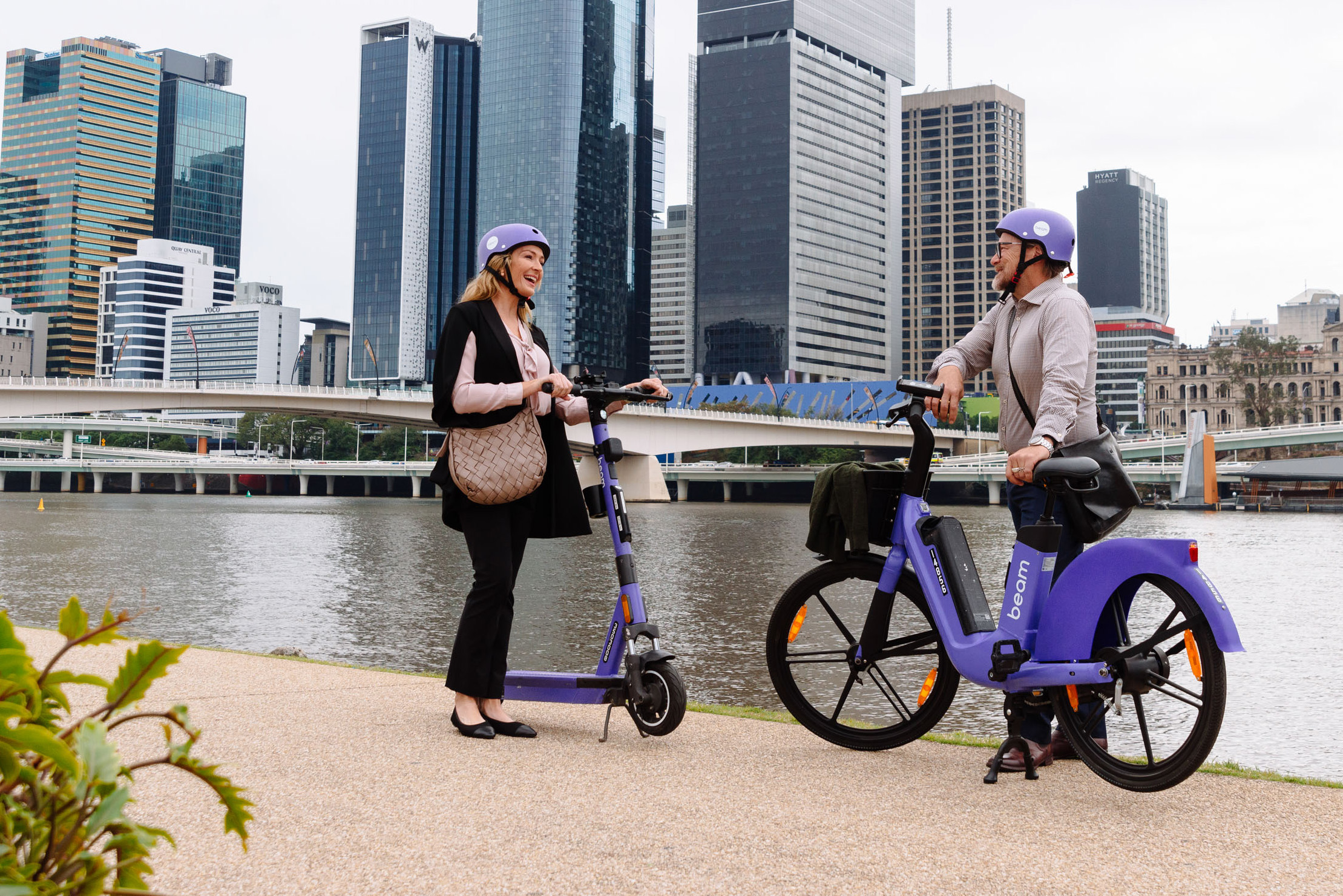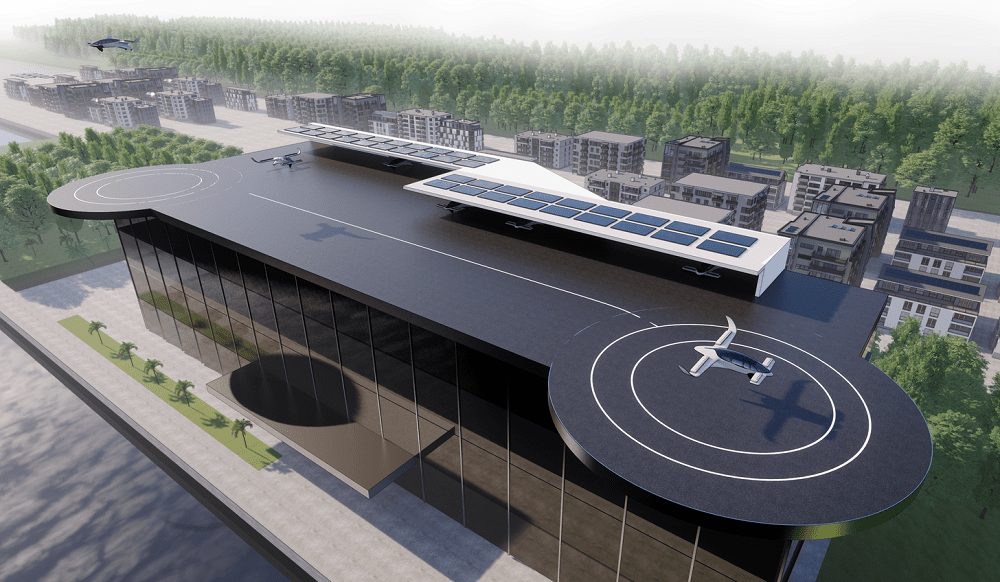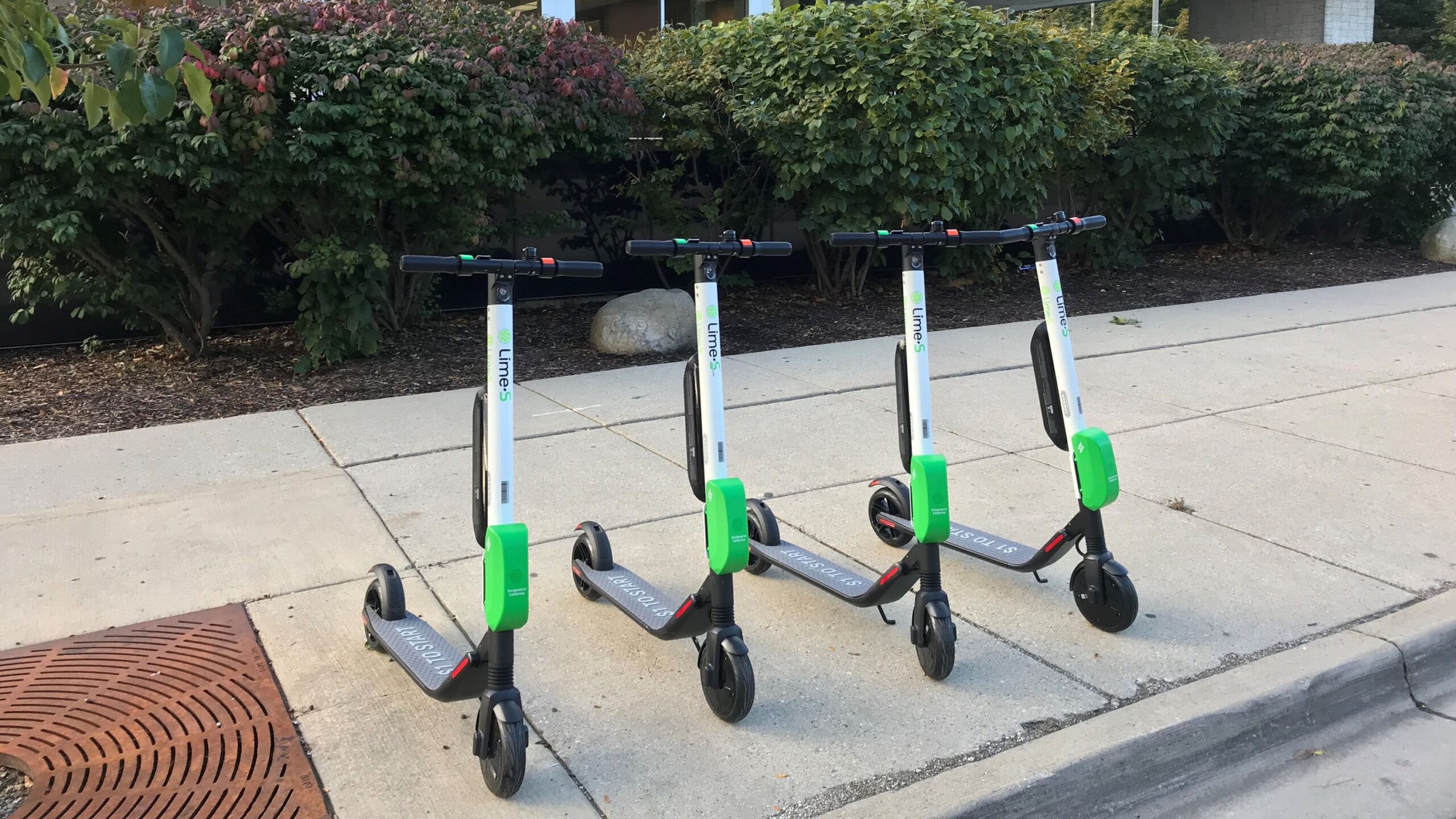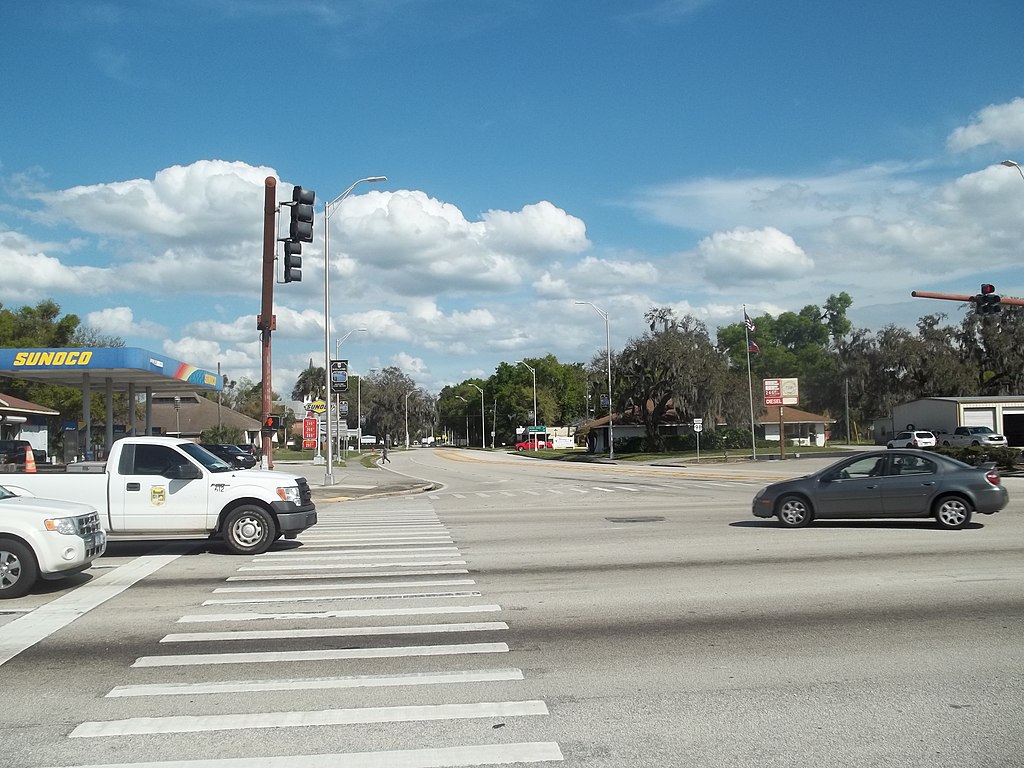A study published in Nature Energy has analysed the effects of an evening e-scooter ban in Atlanta, Georgia, resulting in an increase in travel time for motorists of 9–11% for commuting and 37% for large events.
This study aimed to highlight the impacts of micromobility adoption on traffic congestion by examining the effects of the policy intervention in Atlanta.
It used high-resolution data from Uber Movement to analyse the impacts of the intervention, which enforced the e-scooter ban in Atlanta from 9pm to 4am through mobile geofencing and remote shutdown.
If individuals had reacted to this ban by choosing to travel by public transit or on foot, then the researchers would have expected to find no statistically significant effect on travel time. However, as travel times increased, it is likely that riders instead reverted to using personal vehicles or ride-hailing services.
Consequently, in presenting evidence from this experiment in a major US city, the researchers concluded that if cities continued to restrict the use of micromobility vehicles, they should expect an increase in congestion and associated emissions.

